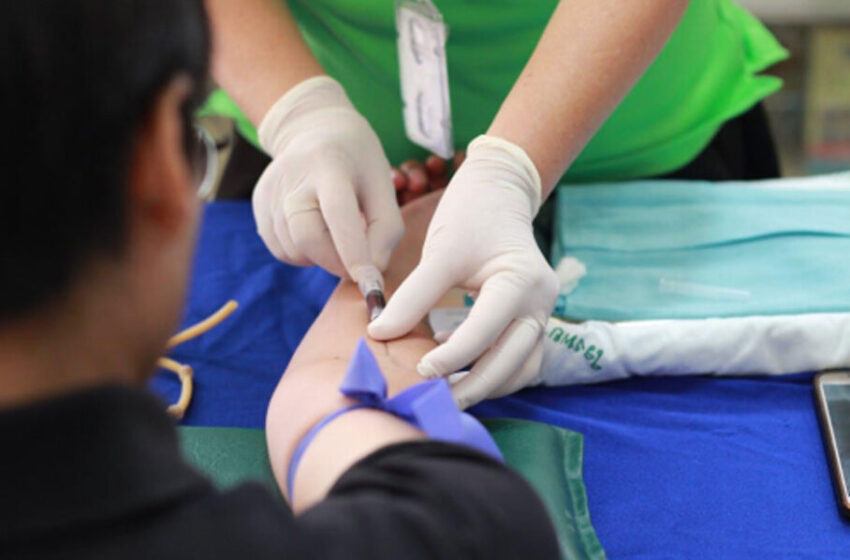Benefits of Pursuing an Online Master of Science in Nursing for Specialized Populations

Nurses today are truly on the front lines, providing vital, patient-focused care to all sorts of communities. If you’re a registered nurse who’s ready to take your career to the next level and really make a difference for specific groups of people, an online Master of Science in Nursing (MSN) with a specialization in a particular population is an incredible opportunity. T
his advanced degree gives you the specialized knowledge, leadership abilities, and flexibility you need to serve unique patient groups, like kids, seniors, or those in public health. In this article, let’s dive into the main advantages of earning this degree online and how it can supercharge your nursing career.
Specialized Expertise for Targeted Care
An online MSN program focused on specialized populations provides nurses with in-depth knowledge to serve specific patient groups effectively. Whether addressing chronic conditions in aging populations, mental health challenges in adolescents, or health disparities in underserved communities, this degree hones your ability to design and implement tailored care plans.
By mastering evidence-based practices and cultural competence, you become a vital resource in improving health outcomes for these groups. For example, an MSN public health program online prepares nurses to tackle population health challenges through strategic interventions and community-focused initiatives.
Flexibility for Working Professionals
One of the standout advantages of an online MSN is its flexibility, making it ideal for working nurses juggling professional and personal responsibilities. Unlike traditional on-campus programs, online formats allow you to study at your own pace, accessing coursework, lectures, and assignments from anywhere with an internet connection. This asynchronous learning model means you can continue working full-time while pursuing your degree, minimizing disruptions to your income and career progression.
Career Advancement and Leadership Opportunities
Earning an MSN with a specialization in populations opens doors to advanced roles in healthcare. Graduates are well-positioned for leadership positions such as a nurse educator, clinical nurse specialist, or public health nurse manager.
These roles not only offer higher earning potential but also allow you to shape healthcare policies, mentor future nurses, and drive systemic change. Employers increasingly seek MSN-prepared nurses to lead interdisciplinary teams and address complex health challenges, making this degree a powerful catalyst for career growth.
Addressing Health Disparities
Specialized population MSN programs emphasize social determinants of health, equipping nurses to tackle disparities in access, quality, and outcomes. By focusing on vulnerable groups such as rural communities, low-income families, or individuals with disabilities, you learn to advocate for equitable care and develop programs that bridge gaps in healthcare delivery. This expertise is particularly valuable in public health, where nurses play a critical role in promoting wellness, preventing disease, and responding to community health crises.
Enhanced Technological and Research Skills
Online MSN programs integrate cutting-edge technology and research methodologies, preparing nurses to thrive in a digital healthcare environment. From telehealth platforms to data-driven decision-making, you’ll gain proficiency in tools that enhance patient care and operational efficiency. Plus, coursework prioritizes research skills, letting you analyze health trends, evaluate interventions, and contribute to scholarly advancements in nursing.
Networking and Collaboration
Contrary to common misconceptions, online MSN programs foster robust networking opportunities. Through virtual discussions, group projects, and faculty interactions, you connect with peers, mentors, and industry experts across the country. These relationships can lead to professional collaborations, job opportunities, and a broader perspective on healthcare challenges. Many programs also include clinical placements in your local area, allowing you to build ties with healthcare organizations while applying your skills in real-world settings.





